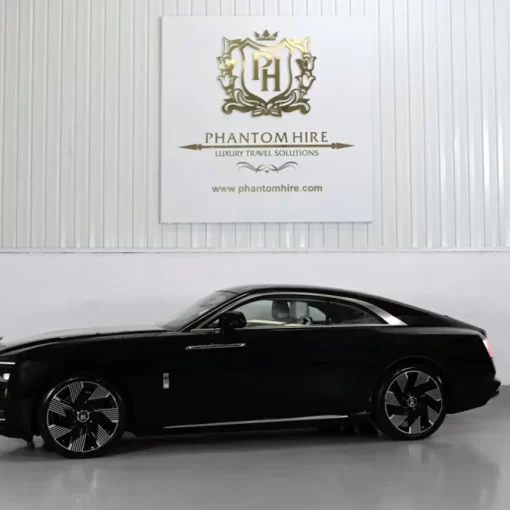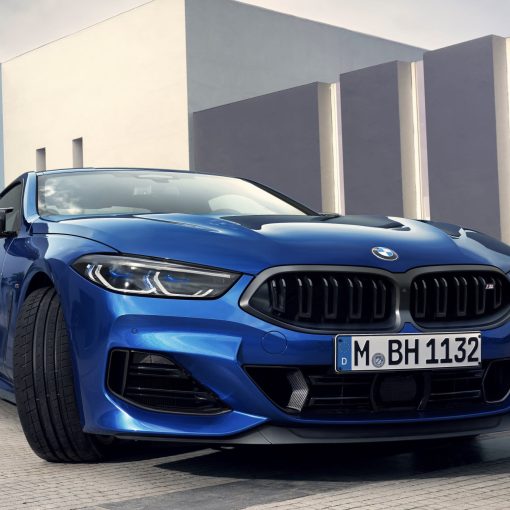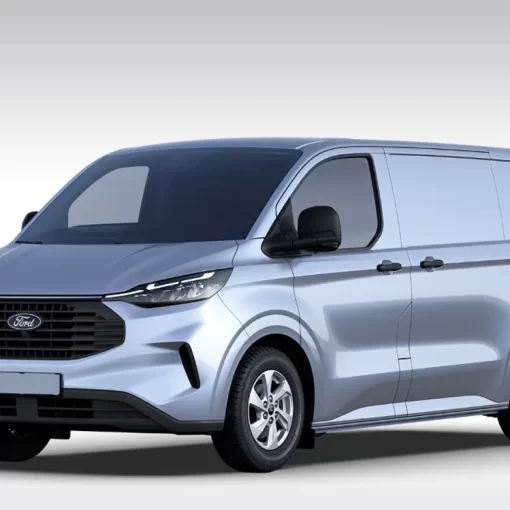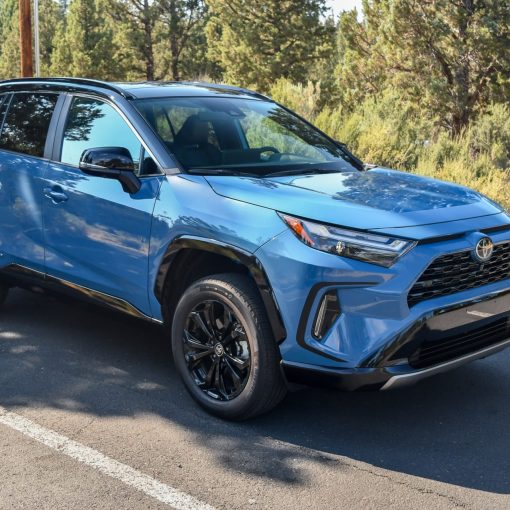The highly anticipated Range Rover Electric (EV) has been a long time in the making. First announced nearly four years ago alongside the fifth-generation Range Rover, the electric version was initially slated to debut in 2024. The excitement was palpable, with many hoping for a luxurious, environmentally friendly addition to the Range Rover lineup.
However, 2024 came and went without any sign of the electric Range Rover, leaving car enthusiasts and prospective buyers disappointed. The waiting list, which opened in 2023, continued to grow, but the long-awaited vehicle still didn’t arrive. Eventually, Range Rover updated its website, pushing the pre-order timeline to late 2025, only to revise it once again, quietly moving the expected release to 2026. So, what exactly is behind these delays, and why has the electric Range Rover faced such challenges?
The Timeline: From Expectations to Reality
When the Range Rover Electric was first introduced, the release was scheduled for 2024. As the year progressed, however, the anticipated model never arrived, and the company quietly moved the goalposts. In 2023, the waiting list was opened, and there was still a sense of excitement that 2024 would be the year for the EV’s debut. However, the days, months, and now years have passed, and we’re still waiting for the vehicle to hit the market. Finally, the company updated their website to indicate a 2026 release, leaving many customers questioning why the delay was so significant.
Reasons for the Delay: EV Demand and Tariff Challenges
According to sources cited by The Guardian, the primary reasons for the delay are lower-than-expected demand for electric vehicles (EVs) and the impact of Donald Trump’s 25% tariffs on imported cars, particularly in the US market, which is seen as one of the key markets for the Range Rover Electric.
The first issue—slower-than-expected demand for EVs—has been a recurring theme in the auto industry. While global interest in environmentally friendly vehicles has surged, many consumers remain hesitant about making the switch to EVs. Concerns about range anxiety, charging infrastructure, and the long-term reliability of electric vehicles have kept some buyers on the fence. For high-end brands like Range Rover, this cautious adoption rate has led to slower-than-expected sales, further delaying the release of their first fully electric model.
The second issue is the 25% tariff on imported vehicles to the US, which has caused significant pricing challenges for manufacturers selling in the US market. Range Rover, aiming to make the electric version a key player in the luxury SUV segment in the US, has been severely impacted by these tariffs, as they add considerable costs to the vehicle’s final price. While the UK’s recent trade deal with the US has reduced this tariff to 10% for up to 100,000 cars per year, it still remains a hurdle for brands aiming to maintain competitive pricing.
The Testing Phase: More Time Needed for Development
Beyond market factors, the technical side of the Range Rover Electric’s delay is also an important factor. According to The Guardian, the delay is partly due to the vehicle being the first fully electric car designed and assembled by Jaguar Land Rover (JLR) itself. While JLR developed the Jaguar I-Pace, it outsourced the assembly of that vehicle to Magna Steyr in Austria. In contrast, the Range Rover Electric is being fully developed and produced by JLR, which has resulted in a longer-than-expected testing and development period.
The vehicle’s extended testing phase is necessary to ensure that it meets JLR’s high standards for performance, safety, and driving experience. As the company’s first fully electric vehicle, it’s crucial that the car undergoes rigorous testing to address any potential issues before reaching consumers. This is a significant undertaking for the company, which has led to further delays in bringing the vehicle to market.
Impact on Waiting List and Market Outlook
While the delay is disappointing, The Guardian reports that those on the waiting list—currently around 62,000 individuals—have been informed of the postponement. JLR has reassured customers that the delay will not have a massive financial impact, as the company’s other combustion and hybrid models continue to perform well in the market. However, the delay coincides with an announcement from JLR that it will be cutting around 500 jobs in the UK, all within management roles, through a voluntary redundancy program.
While this news is concerning, the company remains optimistic about its future prospects. Despite the setbacks, JLR is confident that the Range Rover Electric will be a valuable addition to its lineup once it’s fully ready. For now, though, it seems that those who have been eagerly waiting for the electric luxury SUV will have to continue waiting a little longer.
What We’ve Experienced: The Drive of the Prototype
Despite the delay, we were fortunate enough to get behind the wheel of a near-finished prototype of the Range Rover Electric. As expected, the electric powertrain fits the luxury SUV beautifully. The smooth, quiet power delivery and the ability to meter out torque during off-road situations are impressive. The prototype also demonstrated the Range Rover’s signature capability, offering a seamless driving experience that combines luxury and off-road prowess, all enhanced by electric power.
While the overall experience was promising, it’s clear that customers who’ve been eagerly awaiting this new model will have to wait a little longer to experience it themselves. The delay has undoubtedly been frustrating for many, but it’s a necessary step to ensure that the final product meets the high standards expected from a Range Rover.
Conclusion: A Delayed Yet Promising Future
The delay of the Range Rover Electric is a reminder that even the most anticipated vehicles can face unexpected challenges. With slower-than-expected demand for EVs, tariff impacts, and the complexities of developing a new electric model, Jaguar Land Rover has had to push back its timeline. However, with the vehicle’s promising prototype and JLR’s commitment to delivering a high-quality product, the wait may very well be worth it.
While it’s a disappointing setback for those who were eagerly awaiting the electric Range Rover, the future still looks bright for JLR’s electric lineup. As technology and demand evolve, the company is sure to adapt and deliver a product that meets the needs of today’s luxury EV buyers.




